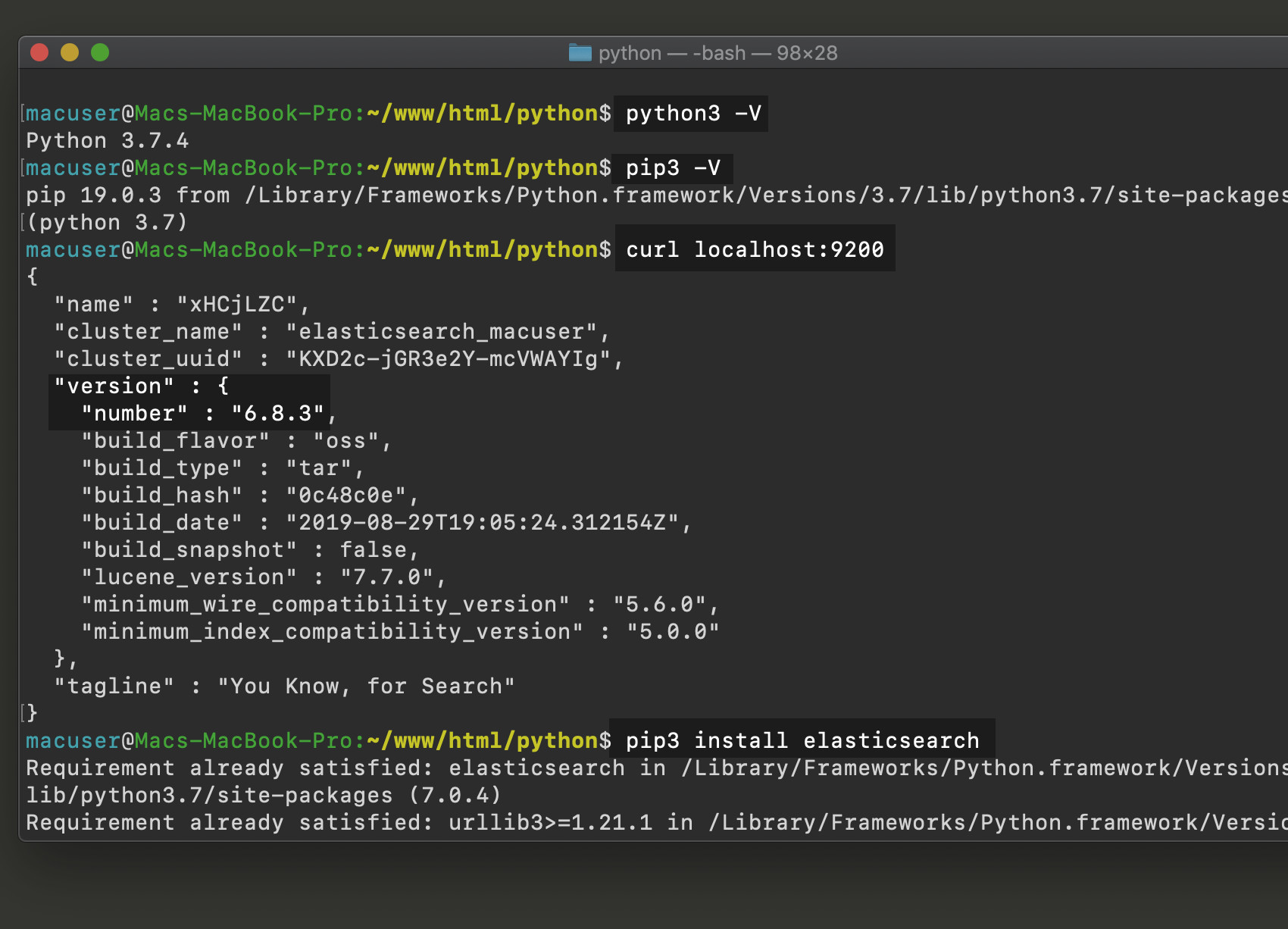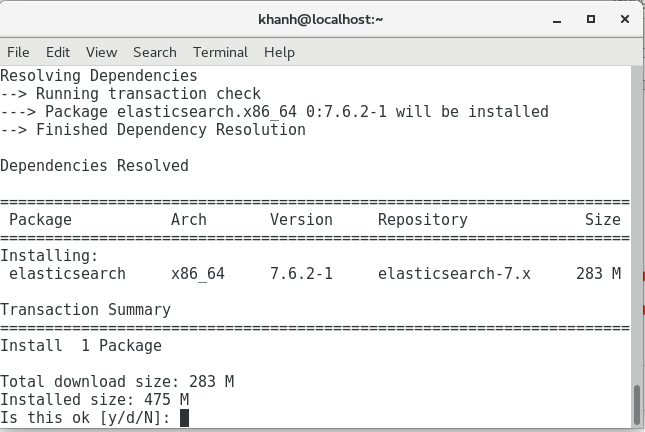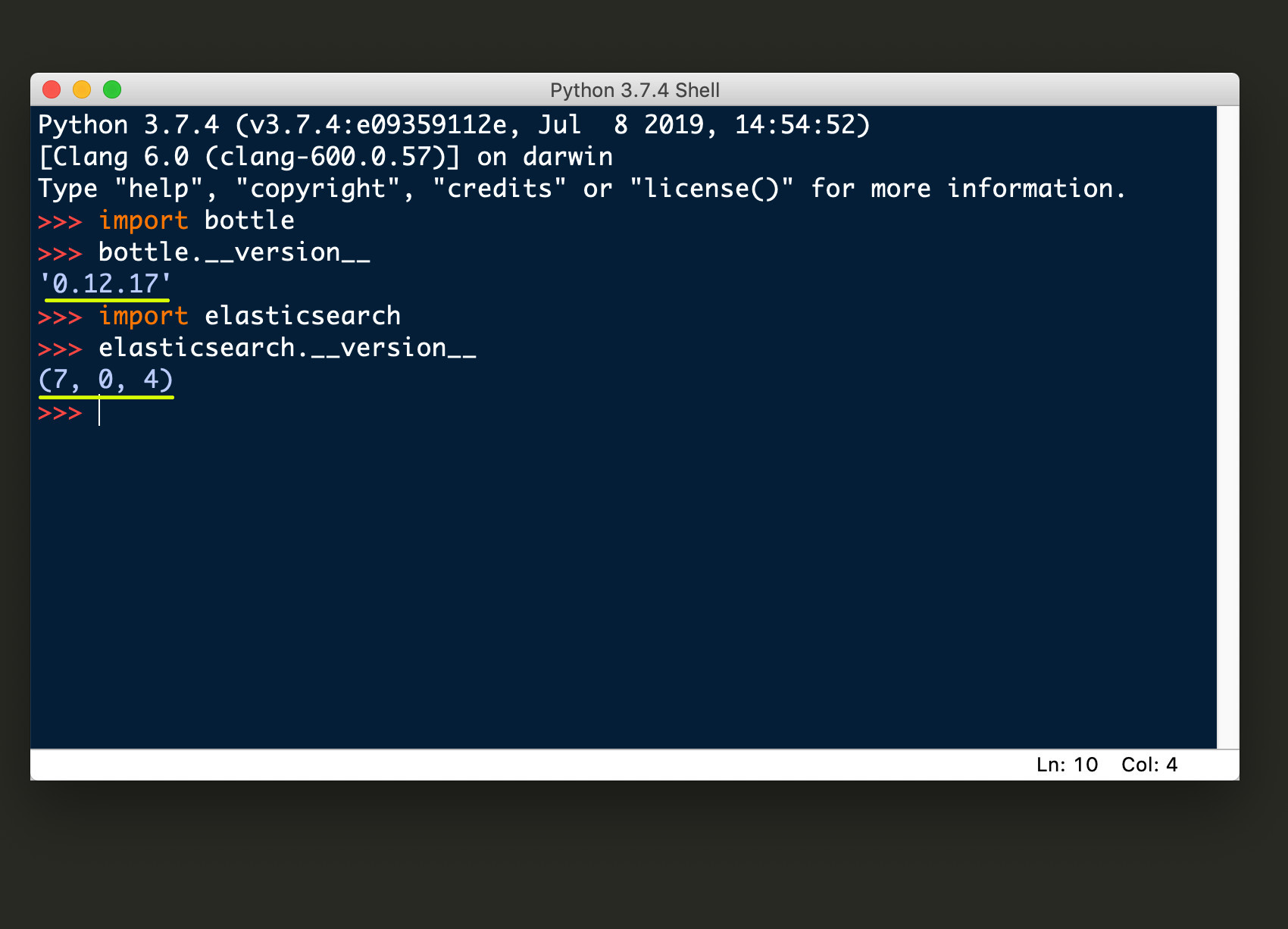
If you look at pip's installation log, or if you do a pip install -Iv MySQL_python=1.2.2 you'll find that the PyPI URL link does not work for MySQL_python v1.2.2. However, you'll soon find out that this doesn't work. Since you already have an installed version, you should either uninstall the current existing driver or use pip install -I MySQL_python=1.2.2 Ivvv).įor more information, see pip install -helpįirst, I see two issues with what you're trying to do. You can combine for even more verbosity (i.e.

-I stands for -ignore-installed which will ignore the installed packages, overwriting them.Thanks to for highlighting this (and it seems that the context of the question has broadened given the time when the question was first asked!), the documentation for Python discusses a caveat with using -I, in that it can break your installation if it was installed with a different package manager or if if your package is/was a different version.


In this case since I'm dealing with Fedora 20 (F20) the release info would be "fc20", and the architecture info too. You can also include the release info when specifying a package.

Loading mirror speeds from cached hostfileĪs far as installing a particular version? You can append the version info to the name of the package, removing the architecture name, like so: $ sudo yum install -įor example in this case if I wanted to install the older version, 2.4.6-6 I'd do the following: $ sudo yum install httpd-2.4.6-6 Loaded plugins: fastestmirror, langpacks, refresh-packagekit It gives you a list like "package name.architecture version": $ yum -showduplicates list httpd | expand To see what particular versions are available to you via yum you can use the -showduplicates switch.


 0 kommentar(er)
0 kommentar(er)
